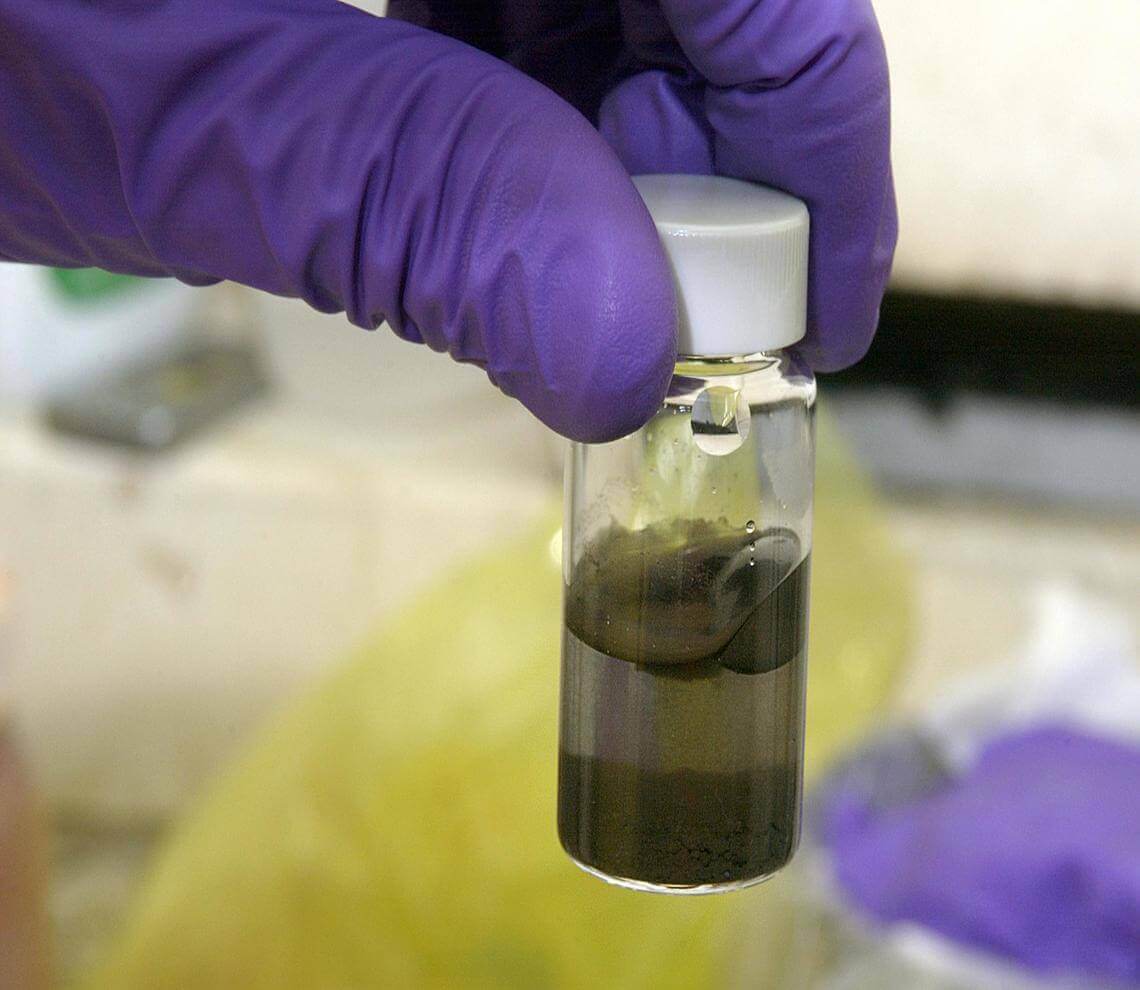- Our Suppliers
- MBS Monoclonals
- MAb to Mycoplasma hominis Antibody
Product short description
Price:
448 EUR
Size:
100ug
Catalog no.:
GEN312662
Product detailed description
Gene name
N/A
Gene name synonims
N/A
Other gene names
N/A
Other names
N/A
Immunoglobulin isotype
IgG1
Clone
B565M
French translation
anticorps
Category
Antibodies
Disease
mycoplasma
Clonality
Monoclonal
Form/Appearance
Purified, Liquid
Subcategory
Mnoclonal antibodies
Also known as
Mycoplasma hominis, p120
Concentration
100 ug/ml(OD280nm, E^0.1% = 1.3)
Purification method
>90% pure. Protein A chromatography
Tested applications:
EIA/ELISA, Immunofluorescence Assay
Host organism
Mouse (Mus musculus) Source: Ascites
Storage and shipping
Store the antibody ats should be kept in the range of 1-7 degrees Celsius.. Avoid multiple freeze/thaw cycles.
Properties
If you buy Antibodies supplied by MBS Monoclonals they should be stored frozen at - 24°C for long term storage and for short term at + 5°C.
Species reactivity
N/A; Due to limited knowledge and inability for testing each and every species, the reactivity of the antibody may extend to other species which are not listed hereby.
Specificity and cross-reactivity
Mycoplasma hominis, p120 Recognizes 120kDa Major Surface Protein. Does not cross react with M. pneumoniae and U. urealyticum. ; Since it is not possible to test each and every species our knowledge on the corss reactivity of the antibodies is limited. This particular antibody might cross react with speacies outside of the listed ones.
Gene
Mycoplasma is a genus of bacteria that lack a cell wall around their cell membrane. Without a cell wall, they are unaffected by many common antibiotics such as penicillin or other beta-lactam antibiotics that target cell wall synthesis. They can be parasitic or saprotrophic. Several species are pathogenic in humans, including M. pneumoniae, which is an important cause of atypical pneumonia and other respiratory disorders, and M. genitalium, which is believed to be involved in pelvic inflammatory diseases. Mycoplasma species are the smallest bacterial cells yet discovered, can survive without oxygen, and come in various shapes. For example, M. genitalium is flask-shaped (about 300 x 600 nm), while M. pneumoniae is more elongated (about 100 x 1000 nm). Hundreds of mycoplasmas infect animals
© Copyright 2016-Tech News . Design by: uiCookies

